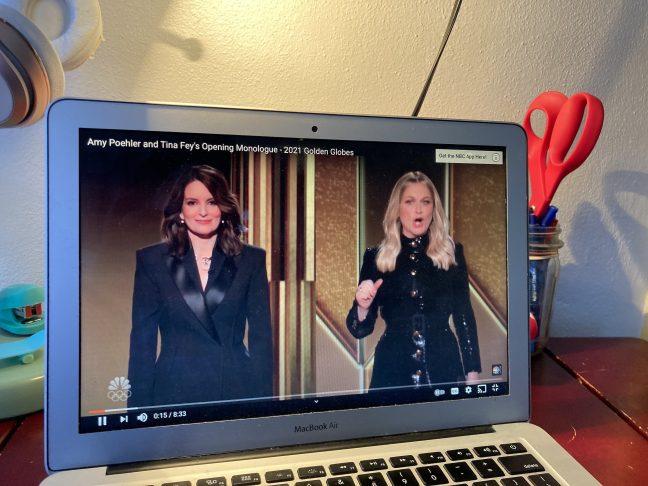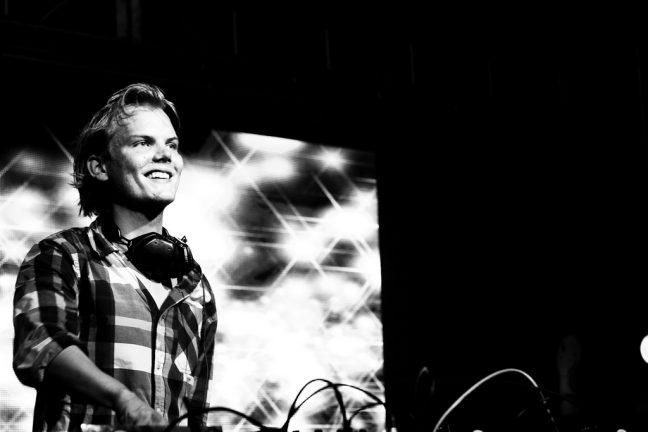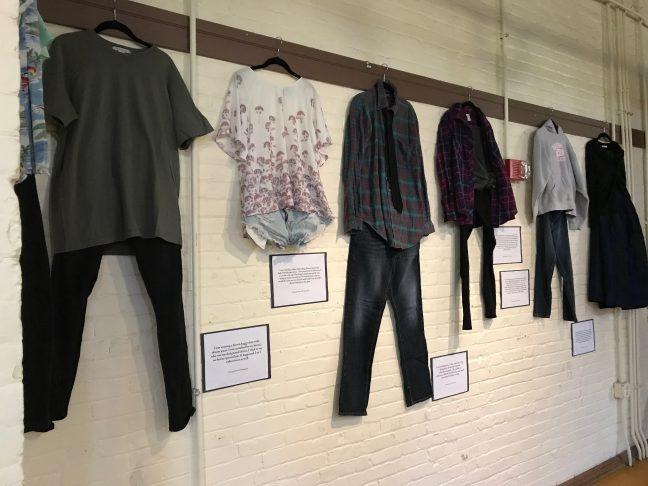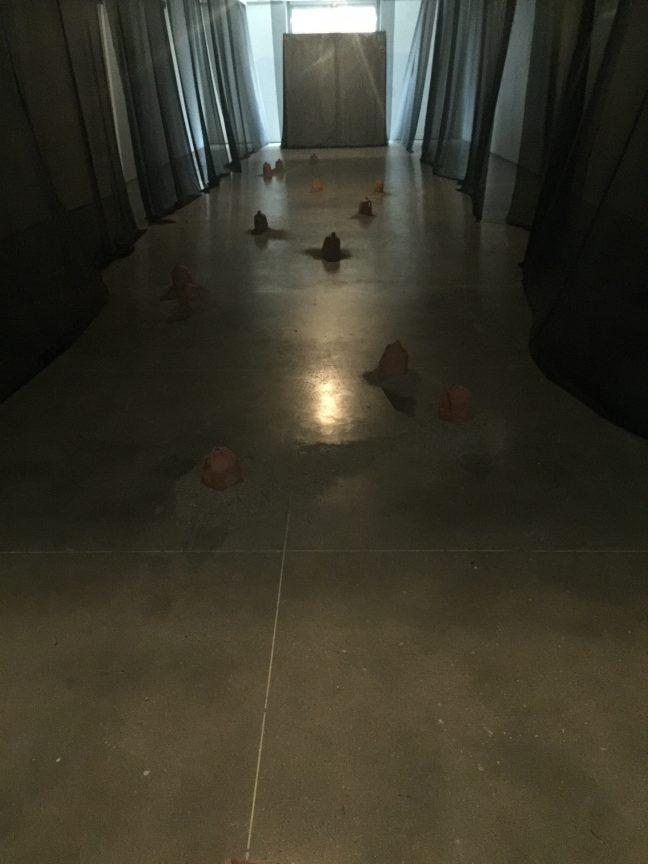
Poetry on the bus lines, sidewalks, radio; poetry ingrained in everyday life – such is the world Fabu Carter Brisco envisions. Carter Brisco, known simply as Fabu, is Madison’s current Poet Laureate. She is the third person to hold the position of Poet Laureate for the city of Madison, following in the footsteps of John Tuschen and Andrea Musher.
With poetry not only published in books but also pressed into the sidewalk on Williamson Street, Fabu advocates putting poetry in unusual locations and spaces. She focuses on helping poets in the community get published.
“I, at one time, had poetry for elementary, middle school, high school and adult poets in different places around Madison. Elementary was in the Capital City Hues and middle school was in the Madison Times. High school poets [were] on bus lines … and adult poets were in Madison magazines,” Fabu said.
Fabu believes publication is a very important step in the writing process and wants to give people a chance to see their poetry out in public.
“You really need audience feedback, you really need to see your work and how it looks, not just on a page, but on the Internet or published in some kind of venue,” Fabu said.
Although Fabu is now a published poet, she is happy she was able to overcome her rather upsetting introduction to poetry and make it her own.
“It’s to me a mystery of how I became a poet because when I was a child we had to memorize poems,” she said. “You’d be called to your teacher’s desk. I had to memorize ‘The Daffodils,’ a poem by Henry Wadsworth Longfellow, and I thought I would never like poetry after that. It was so scary to stand by the teacher’s desk in front of the class and recite this long poem about daffodils.”
Fabu started writing when she was very young. Her father was a career Army man and moved around frequently. Fabu and her mother moved with him from Army base to Army base. She attended kindergarten and first grade in France and then lived in almost every state in the South until 1968, when her father was called to fight in Vietnam. When her father left to fight in the war, Fabu and her mother moved to Memphis, Tenn., to be closer to her mother’s family. They arrived in Memphis during the Sanitation Strike of 1968.
“We were just plopped right in the middle of history without any kind of preparation,” Fabu said. “[Moving to Memphis] had a really, really tremendous effect on me because up until then I was pretty much an innocent little girl. When they plopped us right down into Memphis, that was my first time to realize that people hated me for the color of my skin.”
While in Memphis, Fabu witnessed the death of Dr. Martin Luther King Jr., an event that has greatly affected her writing.
“I was just a little girl trying to grow up and all of the sudden I felt like I was dropped into kind of a warzone,” she said. “And indeed, that Easter, the Easter of ’68, I looked out the window and saw tanks rolling through the neighborhood because they called in the National Guard. So that’s how I cut my teeth on poetry and writing. Because I just had to. There were so many feelings inside.”
Fabu moved to Wisconsin to attend graduate school at the University of Wisconsin in the late ’70s because it was the only school that offered a graduate degree in African-American language and literature.
“When I first came here, there were 20 African Americans who came in together as grad students, and by the end of the first year there were only two of us. We are the two that graduated,” said Fabu.
Fabu was also the first person to graduate from UW with a master’s degree in Afro-American Studies.
“The UW … provided [a lot] for me to write about. The campus has always been a really great adventure. There’s so many people, nationally and internationally known. I got to hear a concert of Bob Marley before he died. It was so exciting – all of the information that was swirling around and all the things you could learn,” Fabu said.
Her experiences in her childhood and at the UW helped Fabu to realize how important poetry is as an art form.
“Poetry is like the stepchild in the writing world because it’s not considered as elite as novel writing or as exciting as short story writing or as strong as essay writing,” Fabu said. “For me, though, poetry contains the most useful forms of expression and is a healing tool.”
Fabu will continue to serve Madison as Poet Laureate until Dec. 31.













